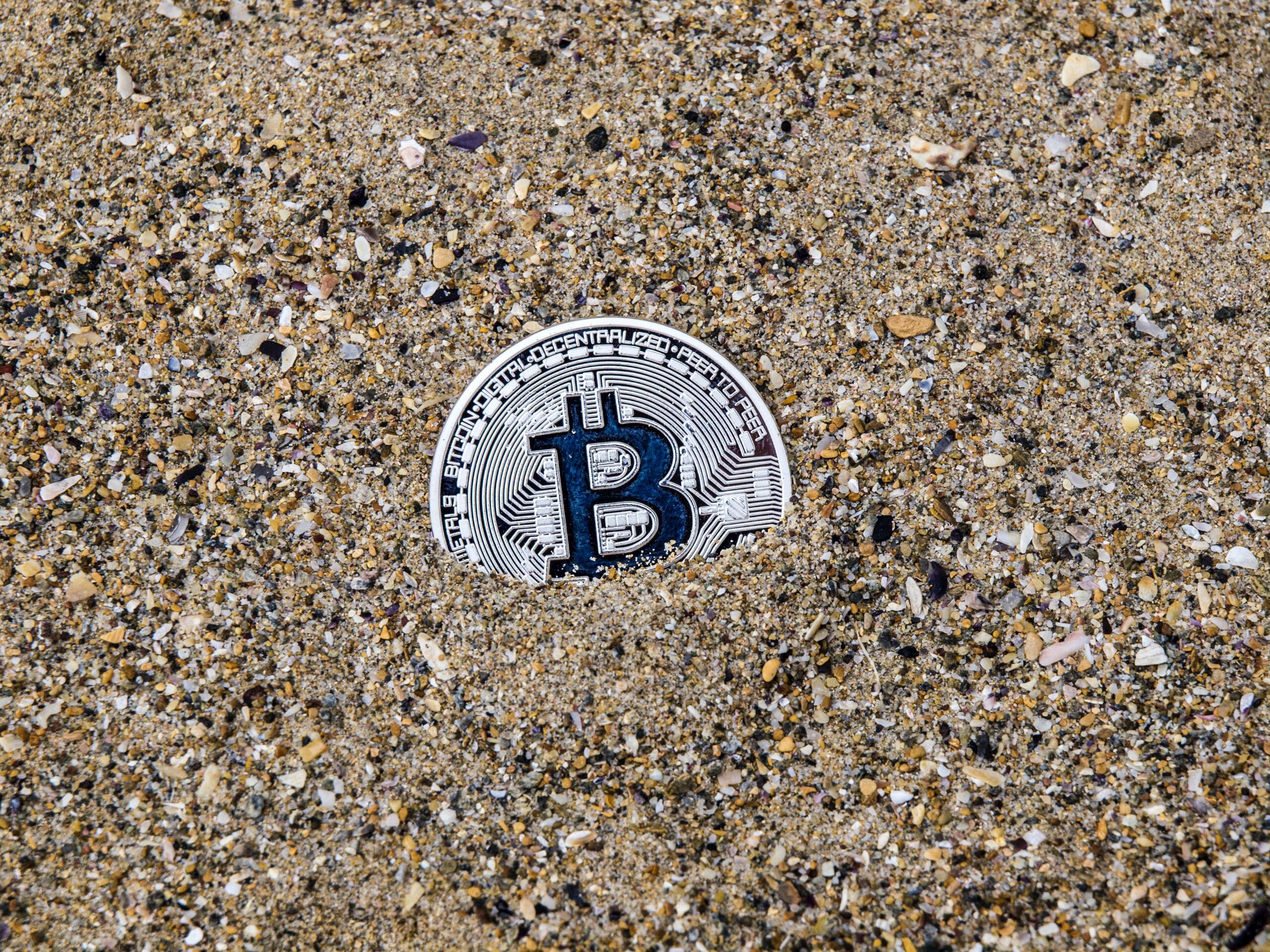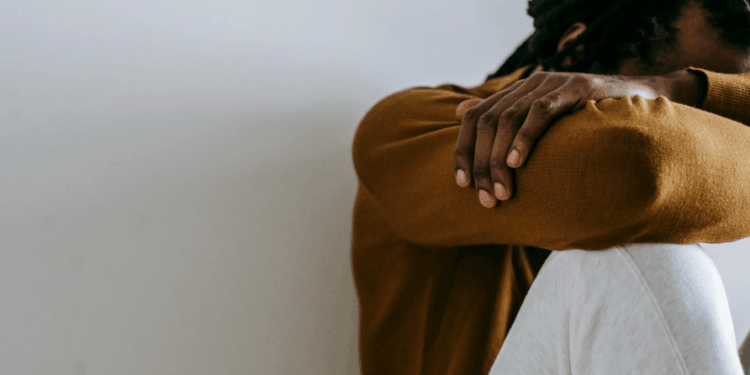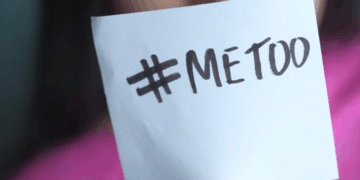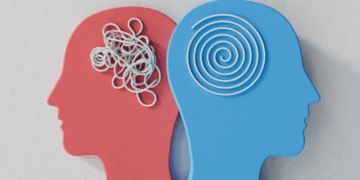In an age of hyperconnectivity and relentless self-optimization, it’s no wonder Gen Z is buckling under the pressure. Born between the mid-to-late 1990s and early 2010s, this generation has come of age during a time of global instability, economic precarity, and the omnipresence of social media. And now, it’s becoming increasingly clear that they’re feeling the weight.
A 2024 survey conducted by Gallup found that 66% of Gen Z workers report feeling frequent or constant stress, compared to 44% of older generations. Anxiety levels are even higher, with 68% of Gen Z saying they frequently experience anxiety, often linked to job insecurity, rising living costs, and social media-fueled comparison culture.
Employers and mental health professionals are starting to notice the signs. Gen Z is often characterized as disengaged or nonchalant in the workplace, but many experts believe this perception masks a deeper reality. They are not apathetic, but they are overwhelmed.
Linsey Lunny, CEO of Hidden Strength, a mental health app tailored for young people, sees the issue up close. Lunny said she views Gen Z workers as “extremely overwhelmed to the point that they shut down as a form of self-preservation.”
Hidden Strength recently released a survey on understanding the mental health crisis among young people, revealing shocking results.
“They are extremely ambitious and passionate. The pressure to succeed is completely overwhelming, and the constant comparison to something that is unreal can become too much for anyone. The expectations we put on Gen Z and therefore by default they put on themselves is something that needs to be addressed,” she added.
Those expectations are amplified by the nature of the digital world Gen Z was raised in. Unlike millennials, who saw the rise of the internet as it happened, Gen Z has never known a world without it. They’ve grown up on curated content and algorithmic validation, and many now struggle to draw a clear line between performance and reality.
A 2023 report by the American Psychological Association (APA) found that 91% of Gen Z adults reported experiencing at least one physical or emotional symptom due to stress, including feeling depressed, lacking motivation, or being unable to concentrate. The same study noted that Gen Z is more likely than any other generation to report poor mental health and seek therapy.
The workplace has only intensified these trends. While Gen Z is the most educated generation in history, with a larger percentage holding college degrees than previous cohorts, they’ve entered a workforce marked by layoffs, inflation, and limited upward mobility. Many also carry significant student debt and are struggling to afford housing in a competitive market.
At the same time, Gen Z is redefining workplace norms. They’re more likely to speak openly about burnout, demand flexible schedules, and seek jobs that align with their values. While some employers see this as entitlement, others recognize it as a call for change, a challenge to outdated norms that have gone unexamined for too long.
According to Deloitte’s 2024 Global Gen Z and Millennial Survey, 46% of Gen Z workers say they feel anxious or stressed all or most of the time, and nearly 40% have turned down job offers that did not align with their personal values. This generation is not afraid to walk away from environments that don’t support their well-being.
Still, many Gen Z workers are struggling to balance high expectations with limited support. As Lunny notes, self-preservation sometimes looks like shutting down, not because of a lack of motivation but because of burnout, perfectionism, and the fear of never being good enough.
The solution, say many advocates, isn’t to lower the bar, but to change the culture. That includes fostering workplaces that prioritize mental wellness, encourage boundaries, and provide mentorship instead of just performance reviews.
And it starts with recognizing the truth: Gen Z didn’t become overwhelmed overnight. The signs were there, in the rise in teen anxiety, in the mental health crisis on college campuses, and in the thousands of TikToks detailing burnout at age 23. What we’re seeing now is the culmination of years of pressure, digitized life, and silent struggle.
We should have seen it coming. And now that we do, it’s time to act.


































